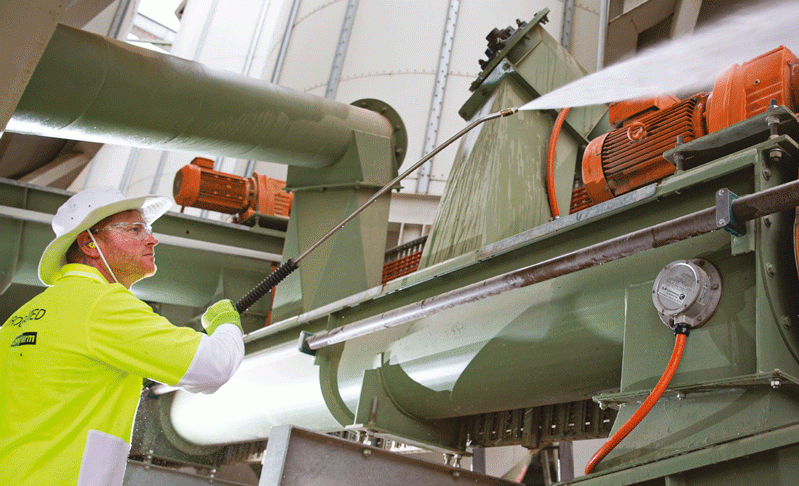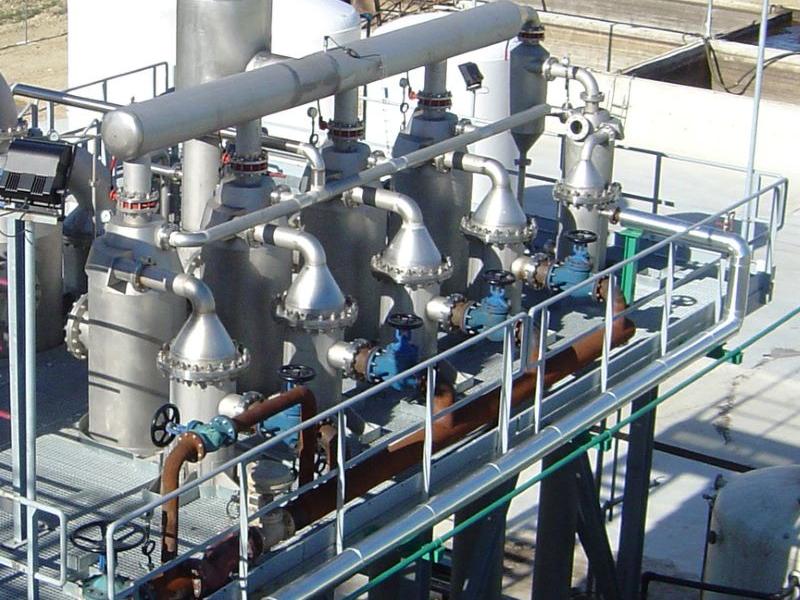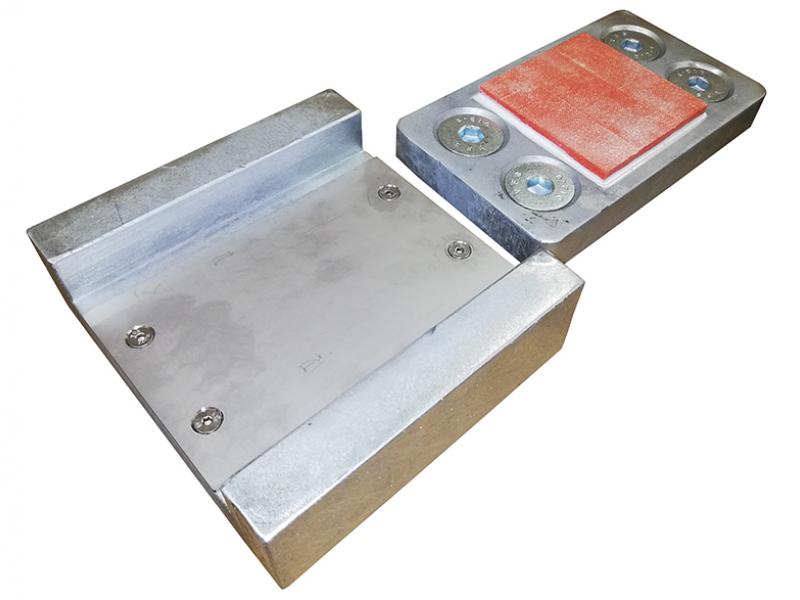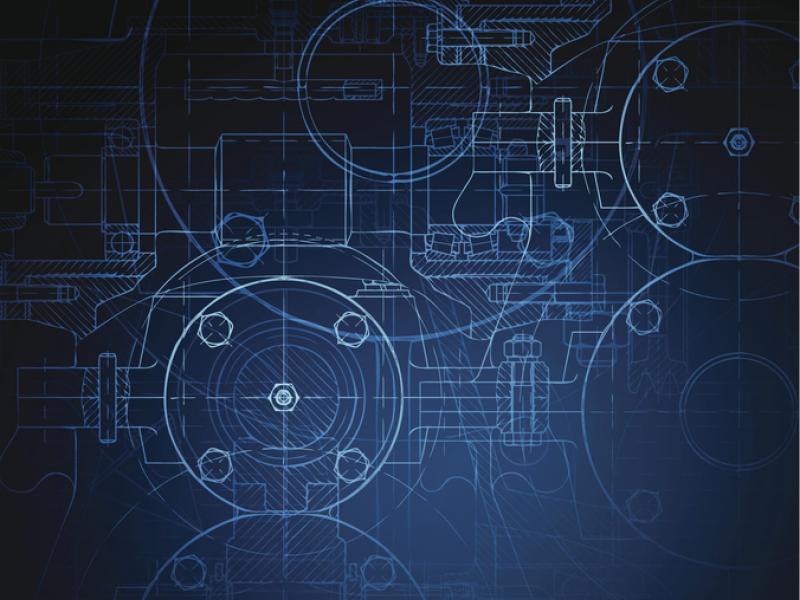Controlling corrosion is a vital part of regular maintenance for New Zealand industrial sites. A 2009 report put the annual cost of corrosion between three to four percent of a nation’s GDP* – which for New Zealand approximates a staggering $9 billion per annum.
The same report cites that approximately 25-30 percent of the cost could be saved if the right knowledge and technology available for corrosion prevention were applied. These would further ensure factories operate at capacity, realising further savings through minimised downtime and production losses.
Corrosion can be effectively controlled with the correct specification and appropriate maintenance of protective coatings. However, for facilities and maintenance managers, sifting through the enormous amounts of information in regards to which coatings are best suited to their application is becoming more and more difficult.
Making the task more complex are the ongoing advances in the manufacture of coatings, driven by an increased focus on environmentally friendly solutions.
With the sheer volume of coatings applied, coupled with the chemical make-up of said coatings, the application of protective coatings for corrosion control has the potential to cause serious environmental harm unless proper care is taken.
Progress is continually being made in reducing the amount of harmful volatile organic compounds (VOCs) and hazardous air pollutants (HAPs) emissions contained in coatings. The quality of these traditionally poorer performing low VOC and low HAP products is also greatly improving to the point where they match the resistance and durability of the less eco-friendly options.
Proper application of these coatings is critical to minimise potential environmental impact. Correct protection measures limit effect on air and water quality, as well as mitigate noise pollution. Effective waste management during the application process, such as safe disposal of paint scraping, residual coatings, solvents and waste powder, is necessary too.
A professional industrial coating solution can help deliver corrosion control that does far more than just protect assets by also safeguarding the environment. Combining high performance paint, specialist coating application and structured maintenance, Programmed Property Services provides protective coating solutions able to deliver these to organisations across New Zealand, particularly those in industry.
Through close consultation, we can develop a targeted painting and maintenance plan that addresses a project’s specific needs, while adhering to industry and international safety, quality and environmental standards.
For more infomation 0800 620 911
www.programmed.co.nz
E-mail marketing@programmed.co.nz
*Global Needs for Knowledge Dissemination, Research, and Development in Materials Deterioration and Corrosion Control by Gunter Schmitt, May 2009.






